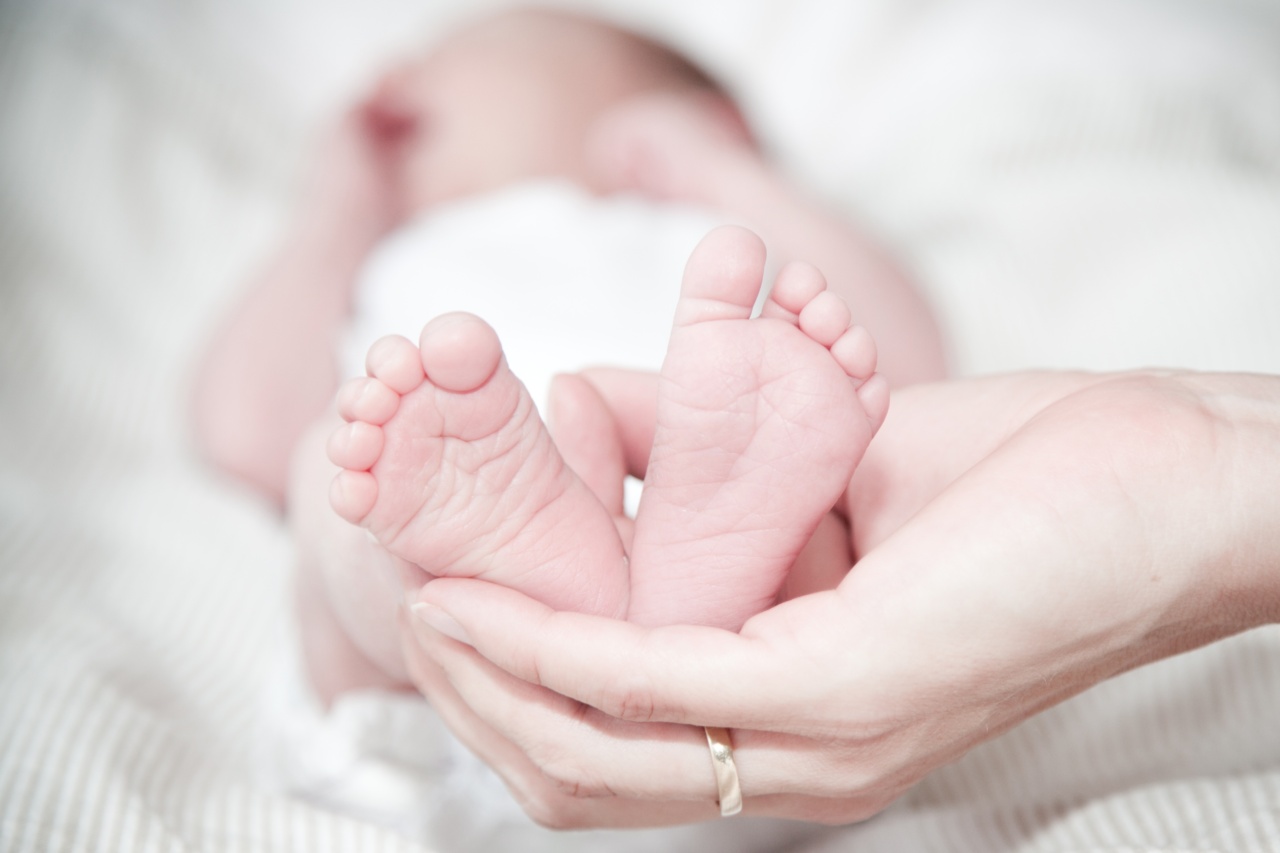Welcoming a baby into the world is one of the most joyous and meaningful experiences in life. However, the first few weeks and months after birth can also be a time of adjustment.
New parents may find themselves facing some unexpected challenges, as their little ones adapt to their new environment. Here are some unusual things that can happen to babies after birth:.
Jaundice
Jaundice is a common condition in newborns that causes yellowing of the skin, eyes, and mucous membranes. It occurs when there is excess bilirubin in the blood, which is a waste product of red blood cells.
Jaundice usually appears a few days after birth and can last up to two weeks. In most cases, it is harmless and will go away on its own without treatment.
However, in some cases, severe jaundice can cause brain damage, so it’s important for parents to monitor their baby’s condition and seek medical attention if necessary.
Acne
It may come as a surprise, but some babies develop acne shortly after birth. This is due to the hormones that the baby received from the mother during pregnancy. The acne usually appears on the face, and it is more common in baby boys than girls.
It typically goes away on its own within a few weeks, but parents should avoid using harsh soaps or lotions and gently clean the affected area with warm water and a soft cloth.
Milia
Milia are tiny white bumps that can appear on a baby’s nose, cheeks, forehead, and chin. They are caused by the buildup of dead skin cells and usually disappear on their own within a few weeks.
The bumps are harmless and don’t require any treatment. However, if they persist or become inflamed, it’s best to consult with a pediatrician.
Spitting up
Babies often spit up after feeding, which is perfectly normal. It occurs when the valve between the stomach and esophagus is not fully developed, and the milk or formula comes back up.
However, if a baby spits up excessively or shows signs of discomfort, it could be a sign of acid reflux or another underlying condition. Parents should consult a pediatrician if they are concerned.
Hair loss
Some babies are born with a full head of hair, while others have little or no hair at all. However, even if a baby is born with hair, it may fall out within the first few months of life. This is due to hormonal changes and is perfectly normal.
Parents should not be alarmed, as the hair will grow back in time.
Colic
Colic is a term used to describe excessive crying in infants, which usually starts around two to four weeks after birth and can last up to several months.
The cause of colic is unknown, but it is believed to be related to digestive problems or overstimulation. Parents should try to comfort their baby by holding, rocking, or singing to them. If the crying becomes excessive or the baby shows signs of discomfort, it’s best to consult with a pediatrician.
Stork Bites and Birthmarks
Stork bites and birthmarks are common in babies. Stork bites, also known as salmon patches, are red patches that are usually found on the forehead, eyelids, or back of the neck.
They are caused by enlarged blood vessels and usually fade within the first year of life. Birthmarks, on the other hand, can be flat or raised, and are caused by an overgrowth of blood vessels or pigment cells. Most birthmarks are harmless and don’t require treatment, but some may need to be monitored for changes.
Conclusion
The first few months of a baby’s life can be a time of adjustment for both parents and baby. It’s important to remember that many of the unusual things that can happen to babies after birth are common and harmless.
However, if parents have any concerns or notice any changes in their baby’s condition, it’s best to consult with a pediatrician.

























